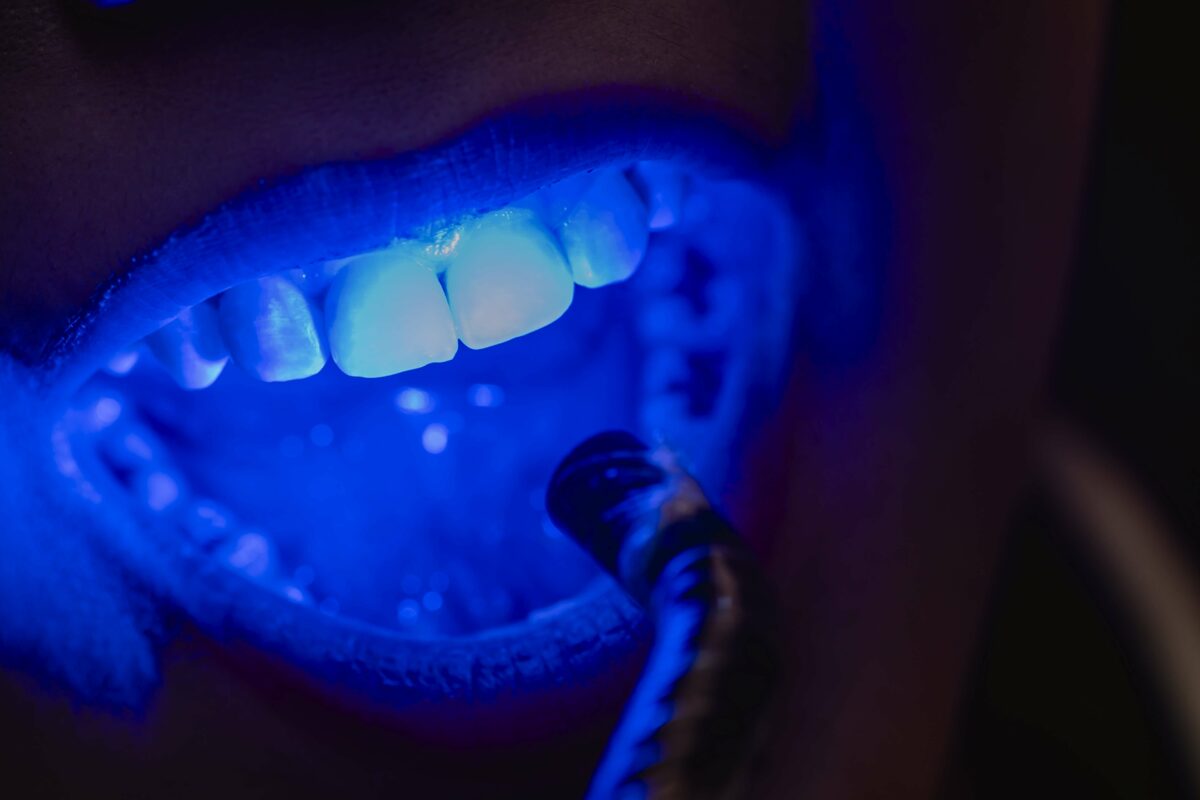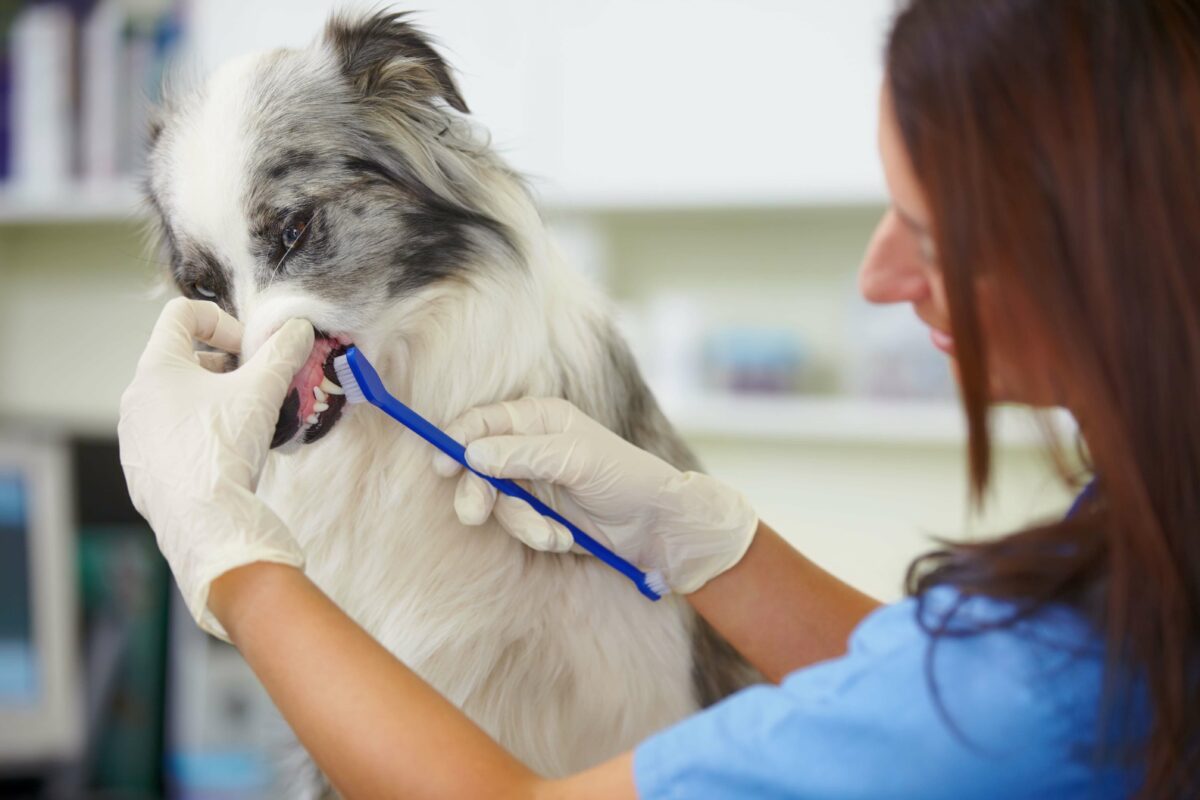Aesthetics: The main advantage of a tooth-colored filling is its ability to closely match the natural color of your teeth, making it less apparent than amalgam fillings.
Bonding to Tooth Structure: Composite fillings can bond directly to the tooth, giving it more strength than amalgam fillings, which do not bond to the tooth.
Versatility: They can be used to repair chipped, fractured, or worn-down teeth in addition to filling cavities.
Less Drilling: A composite filling does not require the dentist to remove as much good tooth material as an amalgam filling does.
Toxin-free: Tooth-colored fillings, unlike amalgam fillings, do not contain mercury, which some people are concerned about owing to potential health implications.
Care Following Filling:
Avoid Chewing Hard Foods: This helps to keep the filler material from breaking.
Maintain Oral Hygiene: Brushing and flossing on a regular basis will preserve the longevity of the fillings and general oral health.
Regular dental check-ups aid in maintaining the condition of your filled teeth and preventing secondary cavities from forming.
Avoid Staining Foods: While the composite resin material is stain-resistant, prolonged exposure to tea, coffee, or cigarettes can stain the fillings.
Possible Post-Filling Sensitivity: Some patients may feel sensitivity to hot and cold temperatures, sweets, or biting pressure after receiving a tooth filling. This sensitivity is usually transient and will go away within a few days to weeks. If the sensitivity persists, you should see your dentist to have the filling checked.
Result showed that , Dental fillings are a tried-and-true method of restoring cavities in teeth, and the development of tooth-colored fillings has changed the aesthetic and functional elements of this treatment. To avoid further difficulties, it is critical to detect and treat cavities as soon as possible. Skyline Dental’s team ensures that every patient receives high-quality care, resulting in a natural-looking and long-lasting solution. If you feel you have a cavity or simply need a dental check-up, please contact us. We’ll be with you every step of the way to ensure your smile stays bright and healthy.




